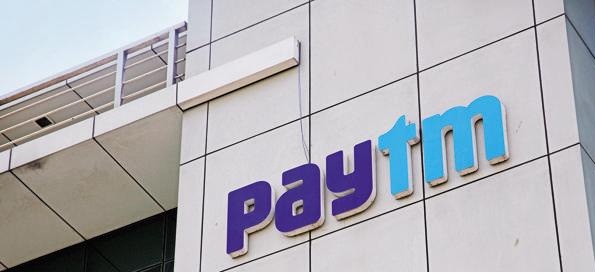
One97 Communications, the parent of Paytm Payments Bank has entered the corporate agency business to sell policies of multiple insurance companies. As per data sourced from Insurance Regulatory and Development Authority of India (IRDAI), the firm has applied for a composite license meaning they can sell products of both life and general insurers.
The licence, will be valid from August 2017 to August 2020 and Amit Gupta has been named as the principal officer for the business. In January 2017, Paytm received the final approval from Reserve Bank of India (RBI) to set up a payments bank. As per the data, they are yet to officially sign up any agreements with insurers.
According to IRDAI rules, a bank (including small finance banks and payments banks) can tie-up with three life, three non-life and three standalone health insurance companies. Apart from One97 Communications,AU Small Finance Bank has also
received the composite corporate agency licence from IRDAI, which will be valid for a period of three years.
Suryoday Small Finance Bank, which was among the first SFBs to start operations, had received the corporate agency licence in April 2017 which will be valid till April 2020. They already have tie-ups with ICICI Lombard General Insurance, HDFC Life
Insurance, Kotak Life Insurance and Kotak General Insurance.
Currently, banks act as corporate agents through bancassurance agreements with insurance companies. As per the IRDAI norms, these banks are liable for all the policies sold through their channel. If there is a complaint filed on account of misselling or wrong disclosures to policyholders, they are liable to face a higher rate of penalty. In its revised scheme, RBI said that any person can file a complaint with the Banking Ombudsman against a bank for improper, unsuitable sale of third-party financial products like insurance, non-transparency/ lack of adequate transparency in sale.
It also includes non-disclosure of grievance redressal mechanism available and delay or refusal to facilitate after sales service by banks. Hence, if a complaint is filed by an individual with both the Insurance Ombudsman as well as the Banking Ombudsman,
the bank will be liable to pay penalty twice.